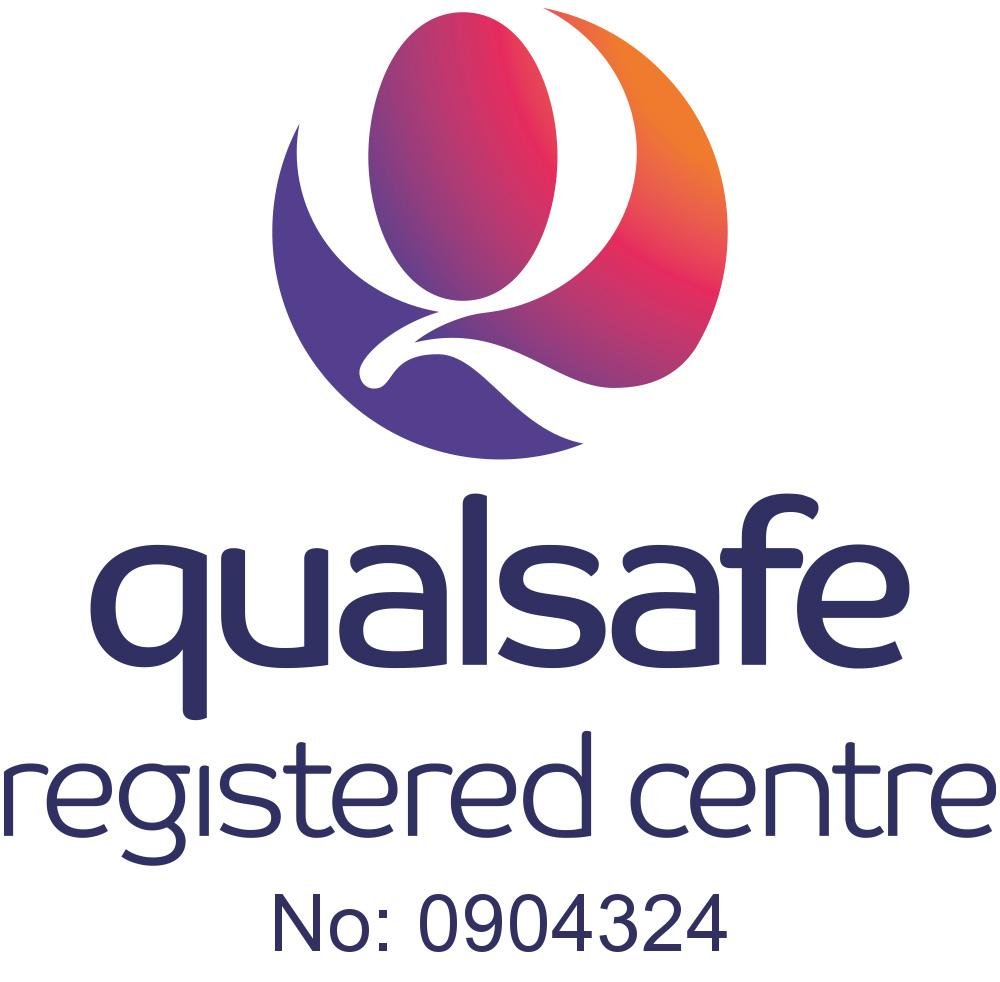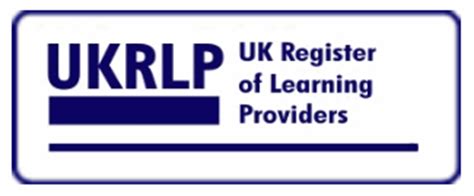Adult and Paediatric Basic Life Support
“Perfect for GPs and AHPs who needs Basic Life Support skills and more”
It is a common expectation that healthcare staff will have sufficient knowledge and skills to be able to recognise and respond to signs of clinical deterioration.
While the priority is on preventing clinical deterioration, some patients’ condition will progress to cardiorespiratory arrest and require cardiopulmonary resuscitation (CPR). Early and effective resuscitation can save lives. Healthcare organisations must have a clearly defined resuscitation policy and ensure that they provide an effective resuscitation response and service. As part of their duty to ensure safe and effective care, healthcare organisations must ensure that their workforce receives the appropriate training, including periodic updates, in order to maintain a level of resuscitation competence relevant to their role.
The Core Skills Training Framework (CSTF - V1.0, January 2020) states that refresher training for all staff in healthcare settings is undertaken on a yearly basis, with additional learner outcomes for clinical staff.
Course Overview
During this half day, Basic Life Support and Administering Emergency Oxygen, in-person course, learners will develop the skills and knowledge needed to deal with a range of emergency first aid situations, including: managing anaphylaxis, choking, the unresponsive casualty and suspected cardiac arrest in both adult and paediatric casualties.
Delivered in a practical, hands on way, with time to reflect on learning and repeat skills enabling learners to work towards mastery.
Learner Outcomes
The learner will:
understand and be able to apply the stepwise ABCDE approach
know how to summon immediate emergency help in accordance with local protocols
know how to recognise and initiate an appropriate response to patients with clinical deterioration, or cardiorespiratory arrest, which may include anaphylaxis, choking and unconsciousness, escalating care in accordance with local policy.
be able to initiate and maintain effective chest compressions in accordance with current Resuscitation Council (UK) guidelines
be able to locate and know how an Automated External Defibrillator (AED) can be operated safely and appropriately
be able to provide a stepwise approach to airway management.
be able to initiate and maintain effective lung ventilations in accordance with current Resuscitation Council (UK) guidelines, using additional equipment when available
demonstrate the safe administration of emergency oxygen
be able to provide initial post resuscitation care until the arrival of the resuscitation team or more experienced assistance.
understand their individual role and responsibilities in responding to persons in emergency situations
be able to participate as a member of the resuscitation team.
understand their individual responsibilities in reporting and recording details of an emergency event accurately
understand the importance of undertaking any resuscitation interventions within the limits of their personal capabilities and context of any previous training received
know how they should apply the local Do Not Attempt Cardiopulmonary Resuscitation Policy within clinical context.
Learner Assessment
There is 1 method used to assess the Adult and Paediatric Basic Life Support programme.
Practical assessment - this is observed by the Trainer throughout the course, with the results of each key skill being recorded on the Practical Assessment Papers provided.
The Practical Assessment Papers are:
Adult and Paediatric Cardiopulmonary Resuscitation Practical Assessment
Safe use of an Automated External Defibrillator Practical Assessment
Administration of Emergency Oxygen
Choking Practical Assessment
I attended the BLS Training yesterday and it was excellent – the best BLS training I have had throughout my career!
The trainer was exceptionally good.
Denise O’Malley - Head of Hospice Outreach Service
Book your place now
Course Cost
£75 (exc. VAT) per person
Inclusive of course resources, handouts and eCertificates on successful completion.
The Basic Life Support course starts at various times. See below
Tuesday 6th January 2026 - 9:30am
Tuesday 13th January 2026 - 9:30am
Monday 19th January 2026 - 2:00pm
Course Handout
Course and Venue Details
We run our courses at Everlast Gym (formerly Roko Health Club) by Chiswick Bridge, which has a car park as well as good public transport options. There is an onsite cafe for food and drink.
Learners are advised to wear clothes that they are comfortable kneeling, bending and laying in.
Course Venue
Everlast Gym
Hartington Road
Chiswick
London
W4 3UH
Have more than 5 people needing training? Contact us about an in-house course at your workplace.
“The CPR training was very good… actually EXCELLENT… and useful. It has never been as good as this time. Thanks.”
Shayesteh Farhang Farrahy - North West Dental Care






